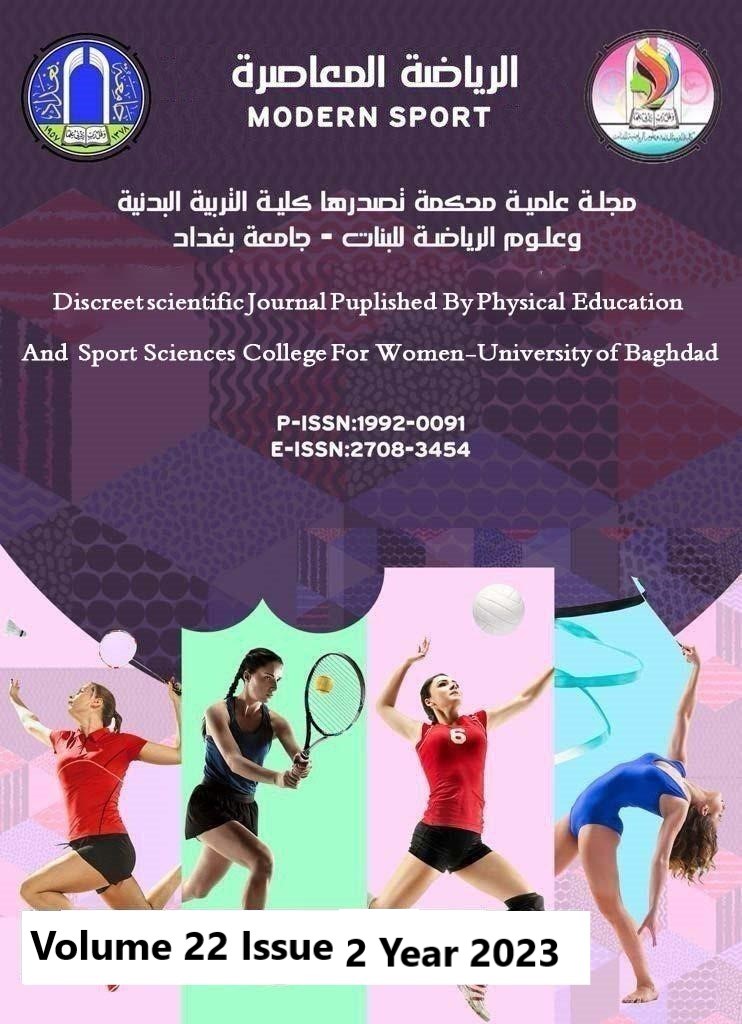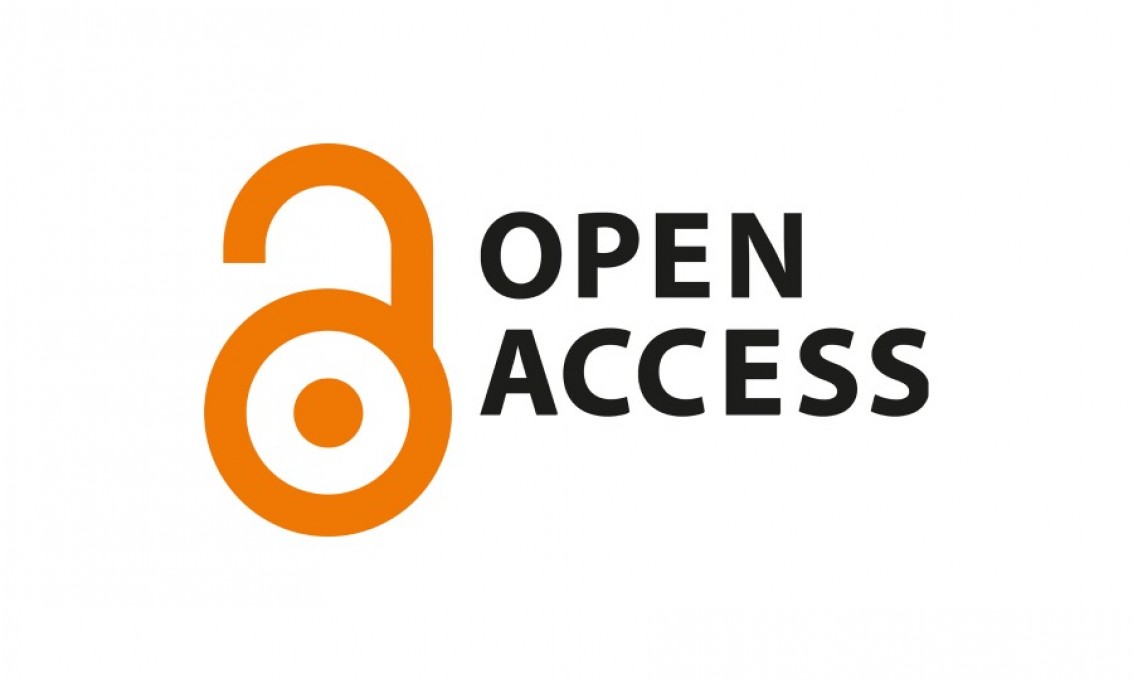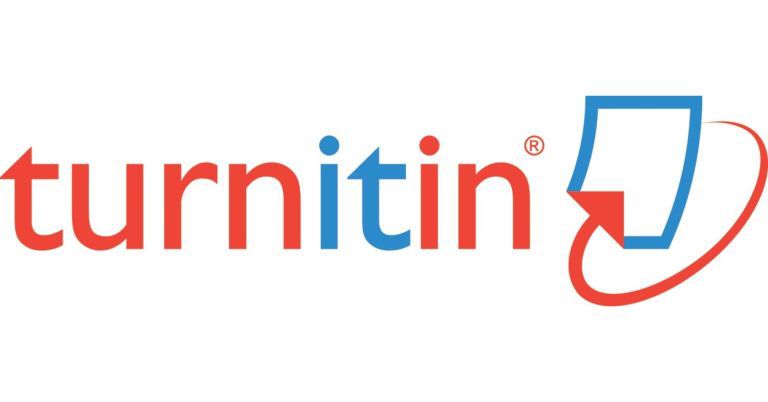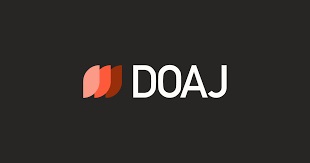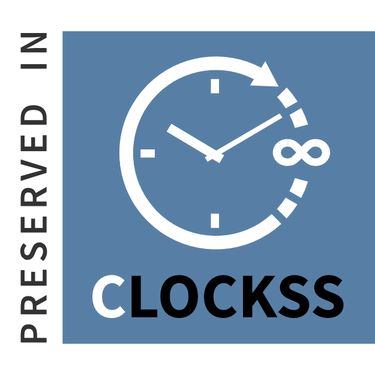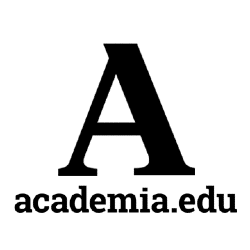Constructing administrative power and functional creativity scales for managers of sports and school activities departments
DOI:
https://doi.org/10.54702/ms.v22i2.1111Keywords:
Administrative strength, functional creativityAbstract
The significance of the research lies in identifying the level of administrative strength that sports and school activities managers possess, and its contribution rate in achieving functional creativity. It also aims to understand the functional creativity that these managers possess, its importance for technical supervisors, the academic role they play, and providing a model of leadership in sports activities directorates. The research problem was focused through the researchers' review of some references and previous studies related to the research topic. They recently noticed a decline in the performance of sports and school activities departments, and their work is no longer as effective and influential as it used to be in overall sports activities and events, and in highlighting the impact of school sports, which is considered the mother and origin of the Iraqi sports movement. Therefore, the researchers decided to study the administrative strength of sports activity managers, who possess decision-making abilities in managing sports and school activities and their leadership role in creating functional creativity, which leads to avoiding problems in order to preserve and develop sports activities. Their efforts are evaluated through the opinions of technical supervisors, and administrative strength, due to its impact on increasing functional creativity in sports and school activities, thus the ability to face the challenges of the era and its crises, and to maintain sports and school activities. The researchers aimed to build and standardize a measure of administrative strength for the managers of sports and school activities departments in the general directorates of education in Baghdad from the perspective of technical supervisors. They also aimed to build and standardize a measure of functional creativity for the managers of sports and school activities departments from the perspective of technical supervisors, as well as to identify the degree of administrative strength and functional creativity among the managers of sports and school activities departments from the perspective of technical supervisors. The researchers used the descriptive method along with a survey method to identify the technical supervisors in sports activities (Directorates of Sports Activities in Baghdad). They defined the research population as the technical supervisors in sports activities from (the Directorates of Sports Activities in Baghdad), using obtained statistics. There are (180) supervisors distributed across (6) directorates in the province of Baghdad. The construction sample consisted of (180) supervisors, representing (80%) of the original population. The researchers recommended utilizing the administrative strength scale, which they constructed and applied to reveal the administrative strength of the directors of the sports and school activities departments. As well as, they suggested using the functional creativity scale, which they constructed and implemented to uncover the functional creativity of the directors of the sports and school activities departments
References
Al-Assaf, A. M. (2001). Elements of Administrative Creativity in Contemporary Organizations. Amman, Dar Wael for Publishing and Distribution. P:274
Al-Louzi, M. (2000). Organizational Development, Fundamentals and Modern Concepts (1st Edition). Amman, Dar Wael for Publishing and Distribution, P:291
Areej Nahad, & Israa Fuad. (2021). Creative behaviour and its relationship to administrative leadership of secondary school managers in the Second Al-Karkh Directorate in Baghdad Governorate. Modern Sport, 20(4), 0075.
https://doi.org/10.54702/msj.2021.20.4.0075
Asmaa, H. (2002). Building and legalizing a measure of scientific knowledge and its relationship to the skill performance in volleyball. PhD thesis, College of Physical Education and Sports Sciences, University of Baghdad. P:266
Al-Zyoud, Nader Fahmi. (2016). Learning and Classroom Teaching. Amman, Dar Al-Fikr for Printing and Publishing. P:190
Muhammad L. & Ali H. (2011). Creative thinking among managers (1st edition) Dar Al-Yazurdi. Amman, p. 65
Salim I. (2009). Management through Creativity, Building a Systematic Approach. Cairo, Arab Republic of Egypt, House of the Arab Organization for Development. P:65
Suhaila, A. (2004). Innovative Leadership and Distinguished Performance, A Teaching Bag for the Development of Administrative Creativity (1st Edition). Amman, Dar Wael for Publishing and Distribution. P:291
Marwa Alaa Hussein, Sundos Musa Jawad. (2020). An analytical study of the vitality of the conscience of the senior leaderships in the boards of colleges and departments of physical education and sports science in Baghdad. Modern Sport, 19(4), 0086.
https://doi.org/10.54702/msj.2020.19.4.0086
Haider Nizar, Abeer Dakhil, Muhammad Asem Muhammad & Mazen Hadi Kazzar. (2022). Using Artificial intelligence to evaluate skill performance of some karate skills. Modern Sport, 21(1), 0001.
https://doi.org/10.54702/msj.2022.21.1.0001
Sarah Abbas & Njlaa Abbas. (2022). Classroom management obstacles facing physical education teachers in Secondary schools. Modern Sport, 21(3), 0038.
https://doi.org/10.54702/msj.2022.21.3.0038
Abbas, F, A. (2021). An analytical study of the skill of overwhelming beating and its relationship to the plans to perform the wall of blocking players of the Premier League clubs in volleyball (2020-2021), Journal of Physical Education, 33(4). https://jcope.uobaghdad.edu.iq/index.php/jcope/article/view/1226/1059
Asia Fadhil, & Luma Sameer. (2022). Building and codifying a scale of problems and obstacles to the application of the Law of Athletes, Champions and Pioneers. Modern Sport, 21(3), 0091.
https://doi.org/10.54702/msj.2022.21.2.0036
AL-Rammahi A, Sattar H. (2022). The Effect of Court Angles Strategy (Educational Corners) On Learning and Retaining Forehand in Tennis for Students. jcope [Internet]. Sep. 28 [cited 2023 May 11];34(3):387-93. Available from: https://jcope.uobaghdad.edu.iq/index.php/jcope/article/view/1294
Samar Hadi & Bushra Kadhum. (2022). The reality of technological leadership in youth and sports directorates in the southern region from the point of view of employees. Modern Sport, 21(2), 0025.
https://doi.org/10.54702/msj.2022.21.2.0025
Mazin Hadi Gzar & Mohammed Asim Mohammed. (2021). A proposed vision from the perspective of hybrid education for teaching physical education in the context of the quality of the educational process. Modern Sport, 20(1), 0046.
https://doi.org/10.54702/msj.2021.20.1.0046
Haider Mohammed Muslih. (2021). Transformational leadership and its relationship to creativity and empowerment of fencing coaches in some Iraqi provinces. Modern Sport, 20(1), 0056.
https://doi.org/10.54702/msj.2021.20.1.0056
Nour Naseer Hadi & Huda Shihab. (2022). The effectiveness of decision-making for the Leaders of the Iraqi Olympic Committees from the point of view of member of the sports federations. Modern sport,21(4), 0011.
Downloads
Published
Issue
Section
License
Copyright (c) 2023 Modern Sport

This work is licensed under a Creative Commons Attribution 4.0 International License.
